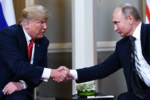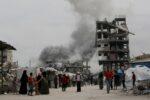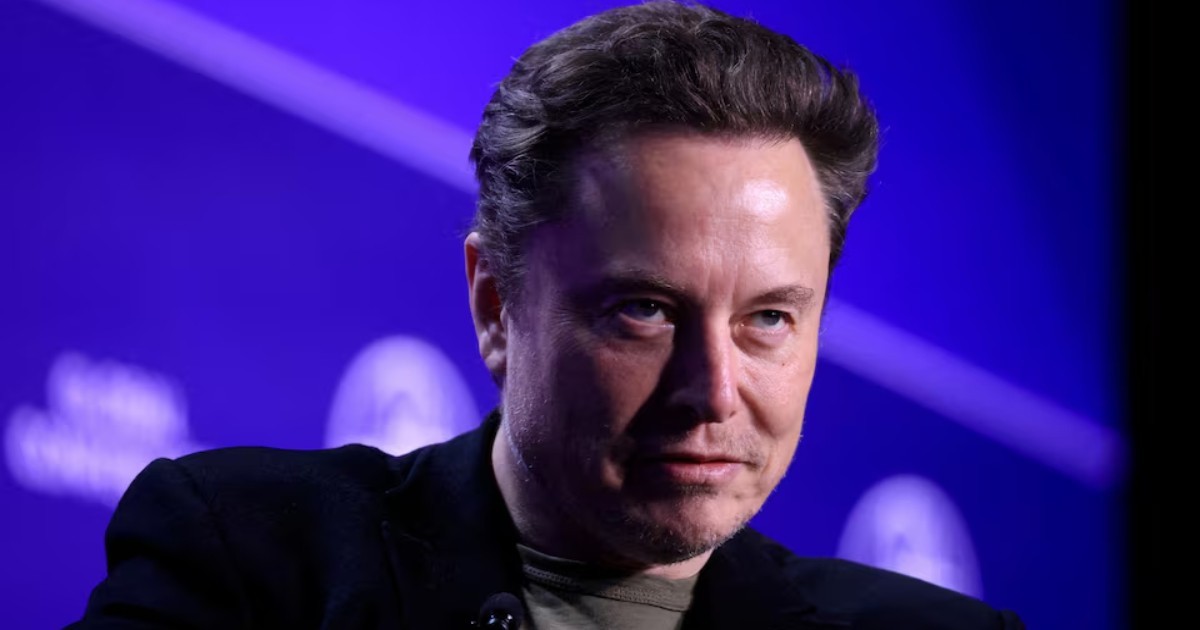In a bold and unprecedented move, Russian military commanders have reportedly defied direct orders from President Vladimir Putin, refusing to send troops across the volatile Dnipro River in Ukraine. This resistance marks a rare moment of pushback within the ranks of Russia’s military leadership amid the ongoing conflict with Ukraine.
What Happened?
According to reports, the refusal stems from concerns about the dangerous conditions and high likelihood of failure. Commanders fear significant casualties and logistical challenges in executing the operation, which involves crossing the heavily contested river to establish positions in hostile territory.
Tensions Brewing Within the Kremlin?
This defiance raises questions about the cohesion of Russia’s military strategy and the potential cracks in the relationship between Putin and his top military brass. Analysts suggest that this resistance could indicate broader dissatisfaction with the handling of the war, as Russian forces continue to face setbacks on the battlefield.
Ukraine’s Gains
Ukraine’s military has been mounting a strong defense, regaining territory, and applying pressure on Russian troops. Crossing the Dnipro River would not only be a perilous operation but also strategically challenging, given Ukraine’s heightened surveillance and counterattack capabilities in the region.
What Experts Say
Military experts believe this act of defiance could be a turning point in the war. “It’s significant when commanders start questioning orders. It shows the strain within the system,” said an unnamed defense analyst.
International Reactions
Global leaders are closely watching the situation, with many seeing this as a sign of potential weakness in Russia’s military hierarchy. Meanwhile, Ukraine and its allies continue to press for more international support to sustain their counteroffensive efforts.
What’s Next?
The refusal to follow Putin’s orders could lead to serious consequences for the dissenting commanders, including possible dismissals or court-martials. However, it also raises broader concerns about the effectiveness of Russia’s military strategy and the long-term implications for its involvement in Ukraine.







